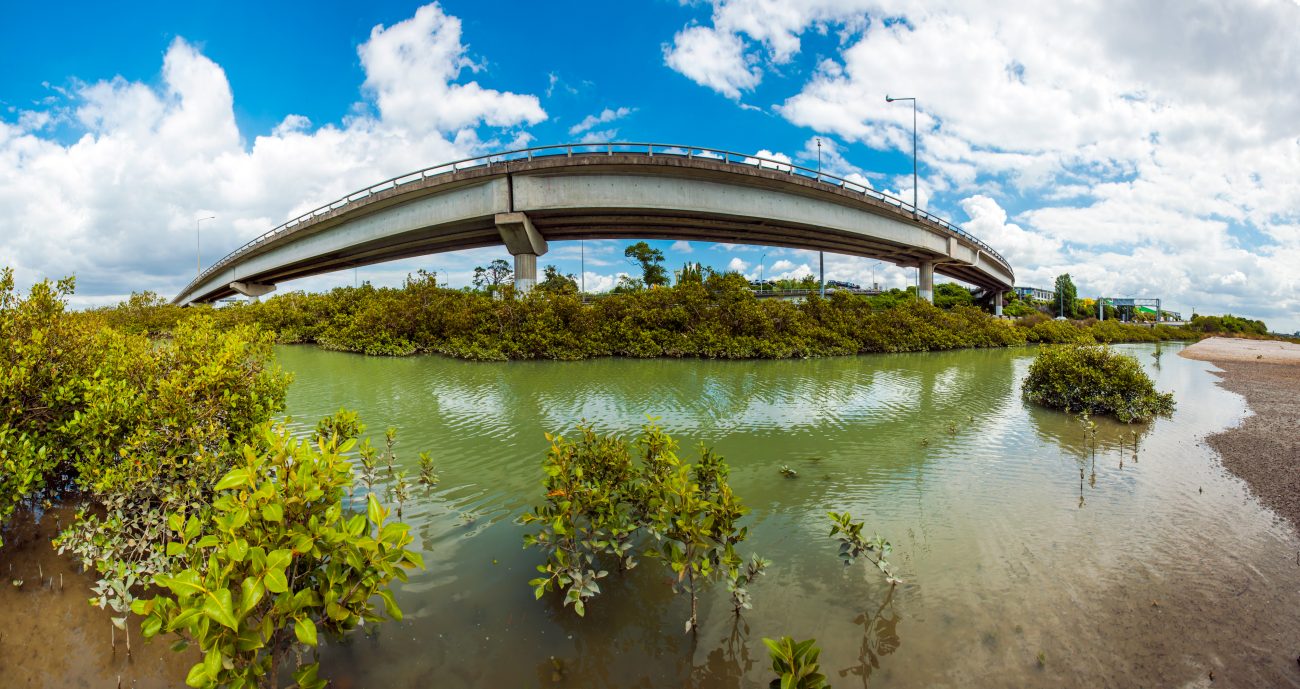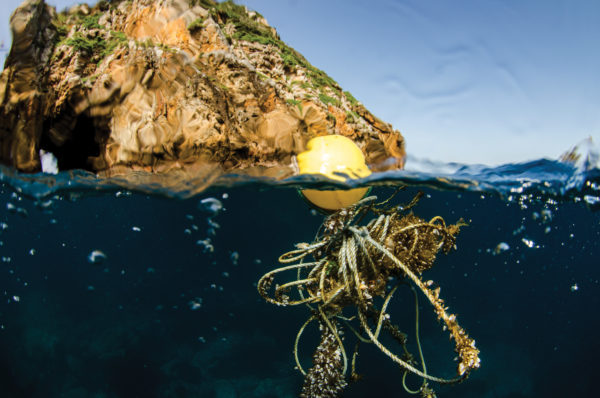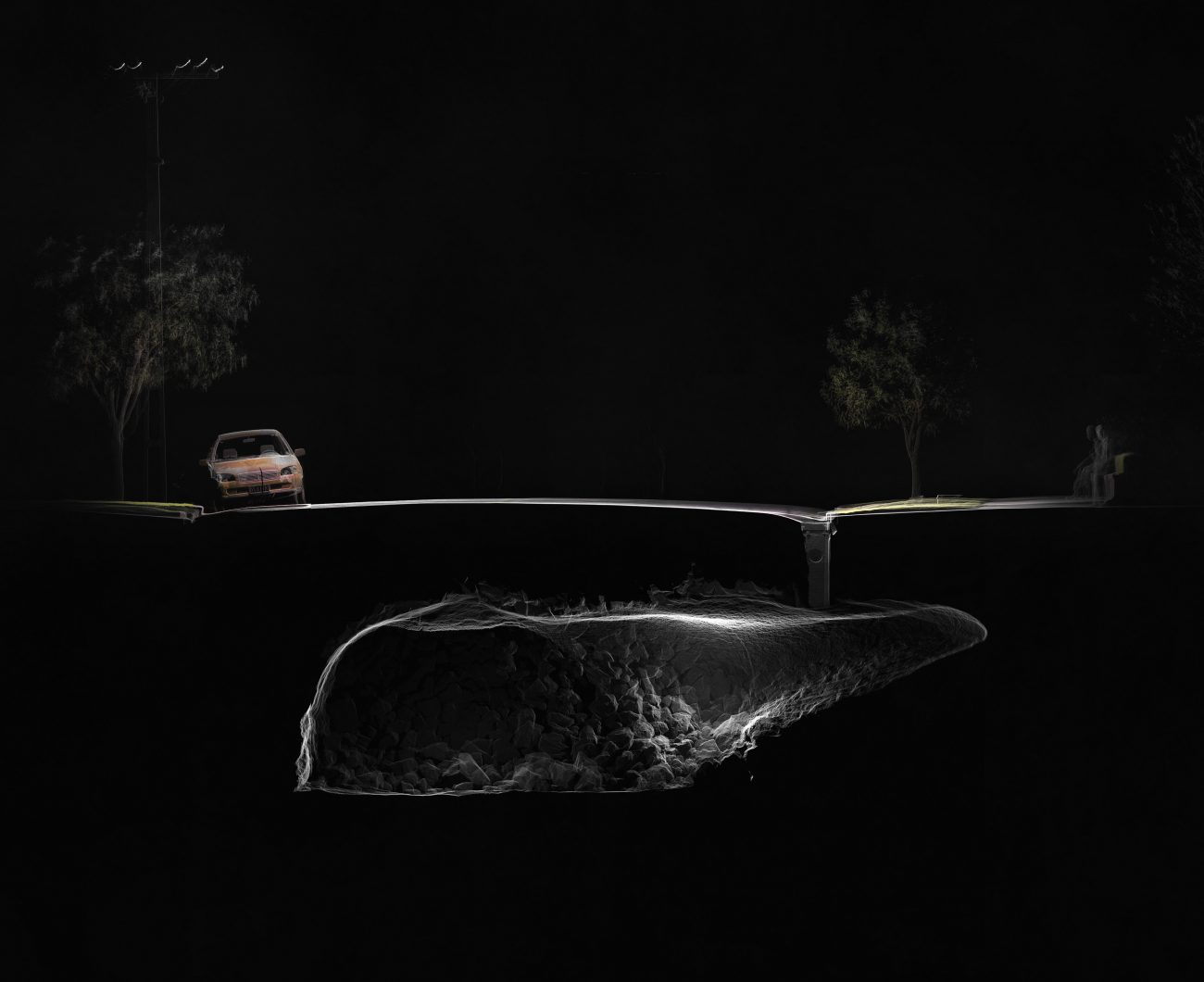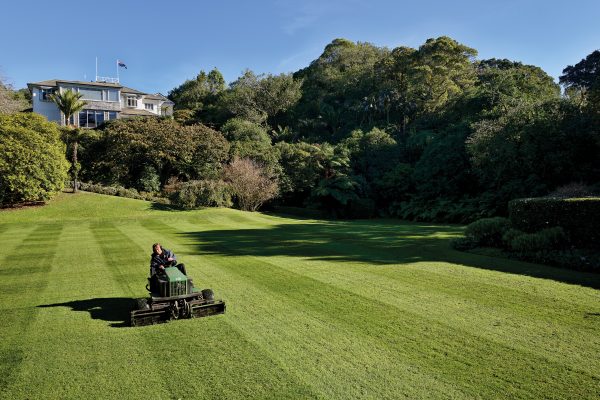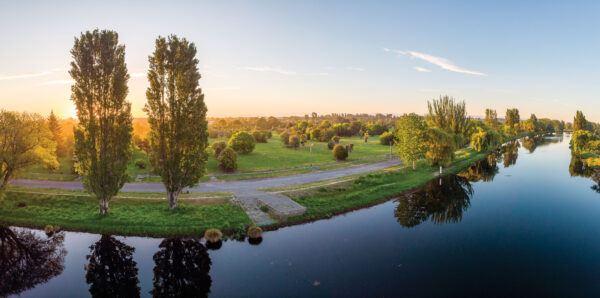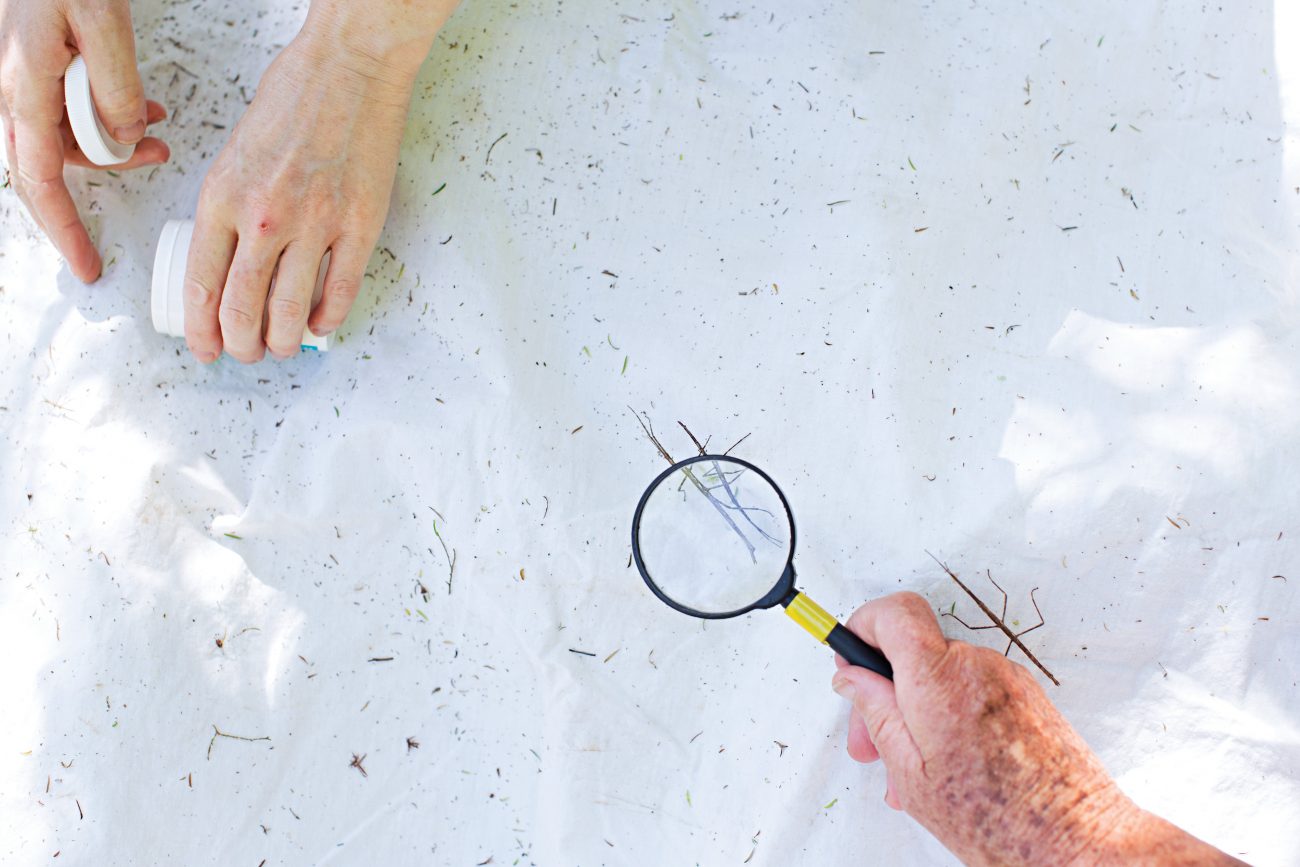
Take a look around
Nature isn’t far away in a national park, enclosed in a zoo or a predator-free sanctuary, or miles out to sea. It’s growing alongside the motorway, springing from cracks in the pavement, burrowing in the sand at the beach, fringing urban creeks and flying through the night air. These stories explore the plants, animals and ecosystems that live next door to us.
The weed eaters
Edible plants grow throughout our towns and cities: in verges, margins, berms, parks and empty sections, along driveways, pavements and hedgerows. The trick is knowing what to look for.
What lives down on the beach?
What’s a wildlife photographer to do when lockdown puts an end to travel?
The wilderness next door
Within sight but out of mind of thousands of weekday commuters who thunder along Auckland’s North Western motorway, Motu Manawa/Pollen Island may be the most overlooked of New Zealand’s marine reserves. But among its mangroves, salt marshes and cockle banks thrives a community of modest critters going about their business—an ecological hotspot on the doorstep of the city.
Castaways
Life is constantly in motion around the world, floating across oceans and colonising new shores, as frequently today as it did hundreds of millions of years ago. So what’s arriving along New Zealand’s coastlines?
Secret passages
Hidden beneath quiet suburban streets are clues to Auckland’s tumultuous geological past: lava caves.
Eden in Auckland
One of the rarest ecologies in the world is hiding in plain sight, in the centre of the most central suburb of the largest city in New Zealand. Of more than 5000 hectares of rock forest that once shrouded the lava boulderfields of the Auckland isthmus, only tiny remnants survive, totalling just 29 hectares. Welcome to the secret world of the city’s last rock forest.
The greening of the red zone
During the two devastating earthquakes of September 2010 and February 2011, land in the suburbs east of Christchurch sank by a metre. What’s a city to do when an apocalyptic landscape appears right on its doorstep?
Citizen science
You don’t need a PhD to find a new species, unearth a rare fungus or name an asteroid. New Zealanders with no specialist training are contributing to scientific research by monitoring streams, spotting rare plants, counting the birds visiting their back gardens, and putting GPS trackers on their cats.








